You know that electric jolt you get when something in a story creeps just close enough to feel real—like maybe, just maybe, that noise in the next room isn’t the wind? That’s the genius of a good monster book. It’s not about jump scares or guts spilling across the page. It’s about something deeper: the part of us that’s afraid of the dark, of being hunted, of becoming the thing we fear most.
Monsters, after all, are rarely just monsters. They wear our shadows. They’re mirrors held up to what we’d rather not see. Think about it—Frankenstein’s creature wasn’t born evil; he was made, abandoned, and heartbroken. The real terror wasn’t in his stitches but in his sorrow. Fast forward to the modern era, and the monsters lurking in the pages aren’t hiding under the bed—they’re in our technology, our families, sometimes even in our own thoughts.
What makes the best monster novels unforgettable isn’t the size of the teeth, it’s the bite of the truth underneath. Stephen King knew that when he gave us Pennywise. Victor LaValle understood it when he rewrote folklore through the lens of grief and love. These stories burrow under your skin because they’re about us—our loneliness, our obsessions, our refusal to let go.
So if you’re ready to plunge into the dark, lights off and heart thudding, this list is for you. It spans a century of nightmares: from gothic classics that defined what fear looks like, to contemporary tales that twist the genre into something startlingly human. Whether you prefer your monsters ancient or freshly imagined, I promise—you’ll find something here that lingers long after you close the book.
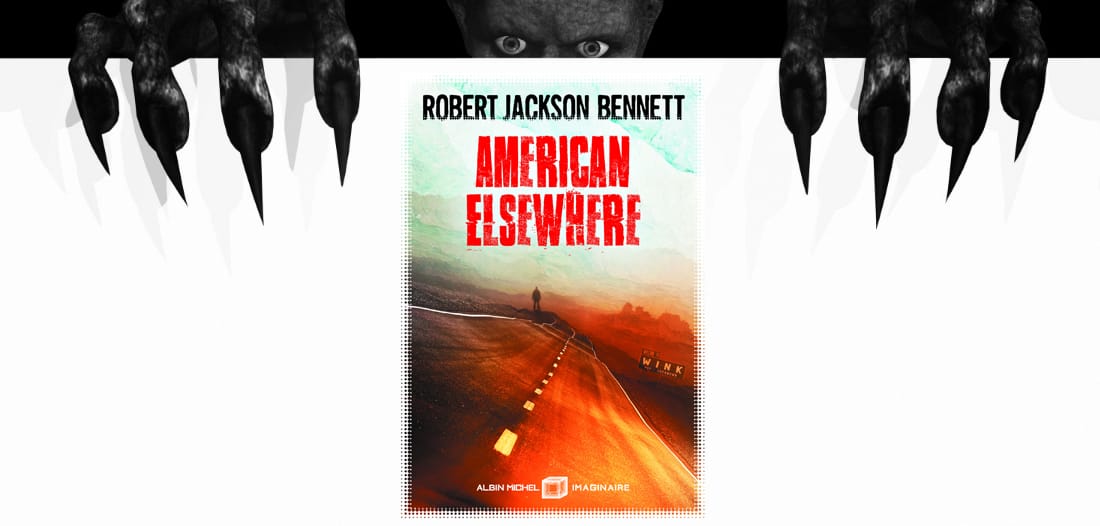
American Elsewhere by Robert Jackson Bennett (2013)
Awards: Shirley Jackson Award for Best Novel
A mysterious New Mexico town hides supernatural secrets beneath its nostalgic perfection. Cosmic monsters and buried grief collide in a work that blends Lovecraftian horror with Americana gothic.
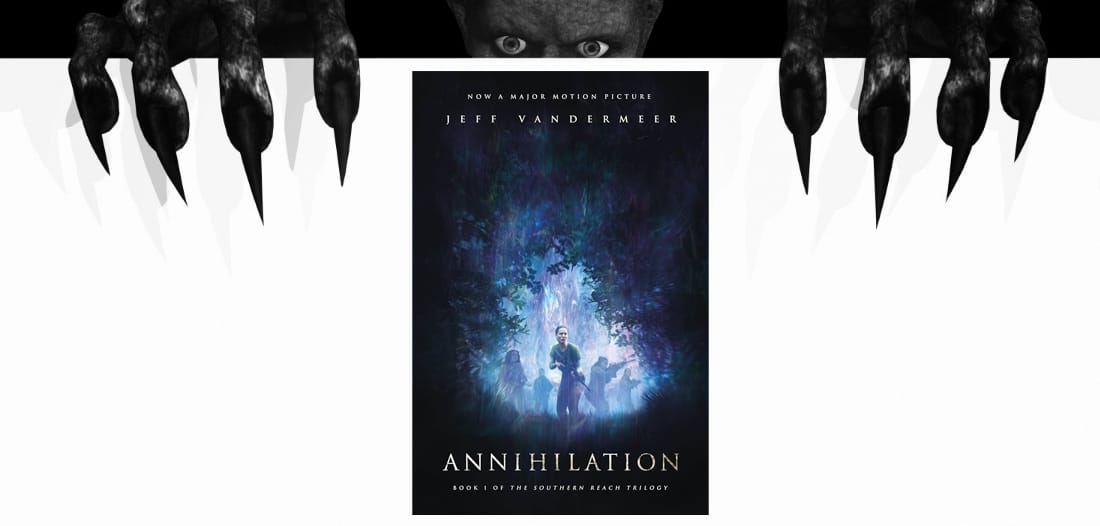
Annihilation by Jeff VanderMeer (2014)
Awards: Nebula Award; Shirley Jackson Award
A biologist’s expedition into the alien ecosystem of Area X becomes a battle against transformation and dissolution. VanderMeer’s vision of mutation and the loss of self defines 21st-century ecological horror.
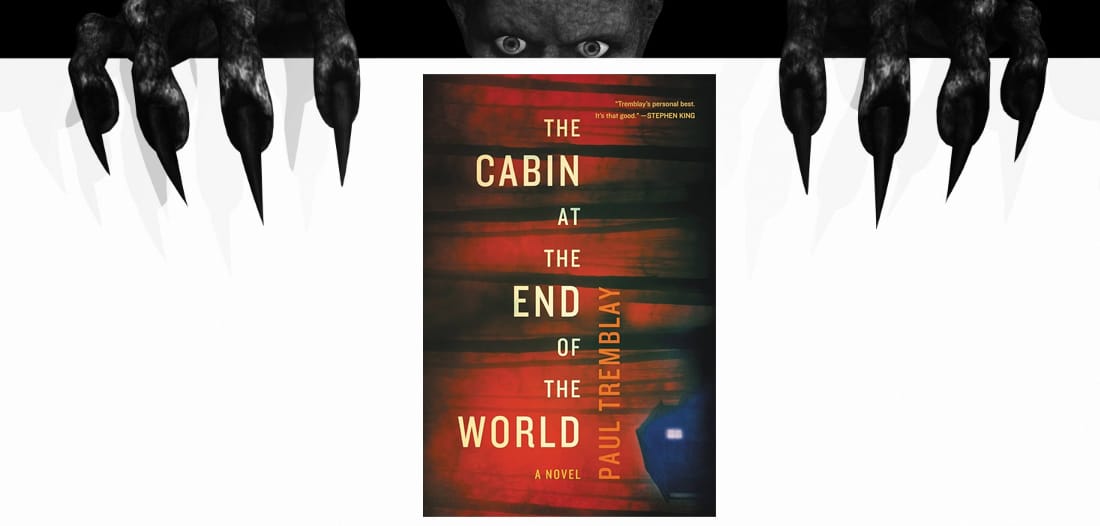
The Cabin at the End of the World by Paul Tremblay (2018)
Awards: Locus Award for Best Horror Novel (2019)
Vacationing family Wen, Eric, and their daughter face four apocalyptic intruders claiming visions of end-times monsters that demand a sacrificial death to save humanity. The strangers' messianic fervor unleashes psychological terror, blurring human killers with prophetic beasts. Tremblay's tense cabin siege questions faith and monstrosity.
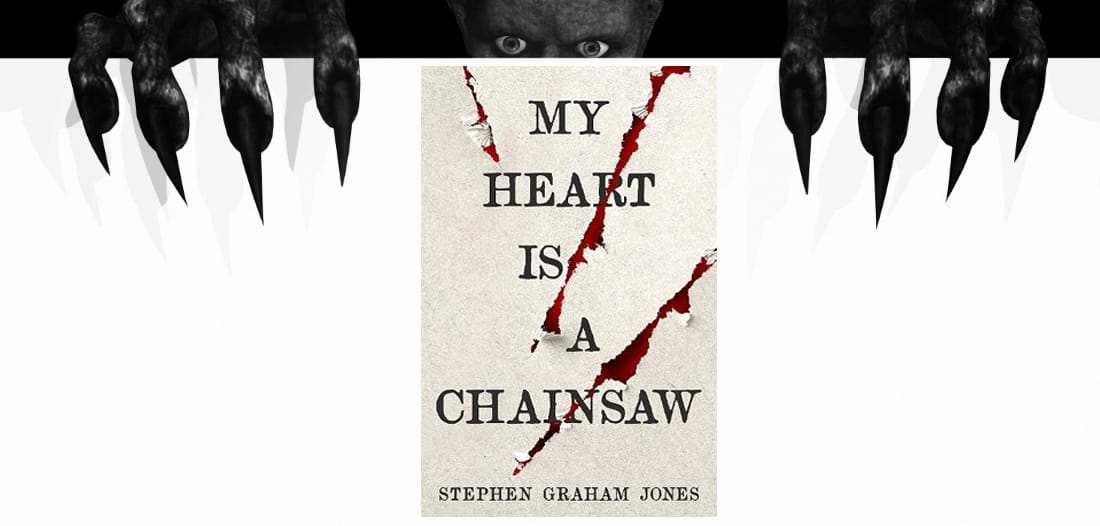
My Heart Is a Chainsaw by Stephen Graham Jones (2022)
Awards: Locus Award for Best Horror Novel (2022)
Teen outcast Jade, obsessed with slasher films, navigates her Idaho town's lake monster legend amid a summer influx of wealthy invaders, as real slashings echo her cinematic fears. A submerged beast and human predators converge in chainsaw-wielding chaos. Jones' meta-slasher celebrates Indigenous horror through pop culture lens.
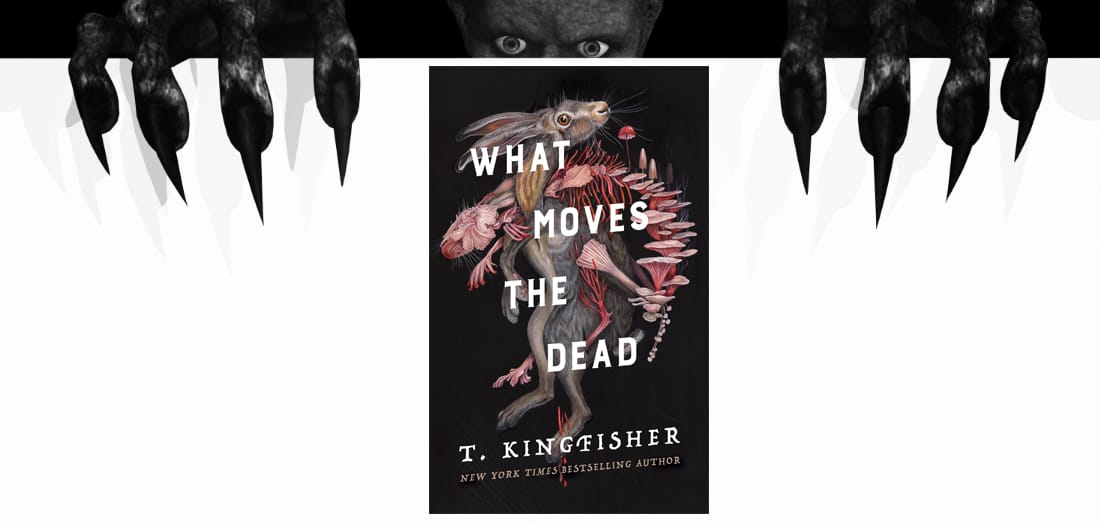
What Moves the Dead by T. Kingfisher (2022)
Awards: Locus Award for Best Horror Novel (2023)
Retelling Poe's "The Fall of the House of Usher," veteran Alex Easton returns to find sibling Madeline corrupted by a parasitic fungus that reanimates corpses as shambling, moldy monsters. The Usher estate breeds these fungal undead in its damp decay. Kingfisher's fungal apocalypse adds queer twists to gothic rot.
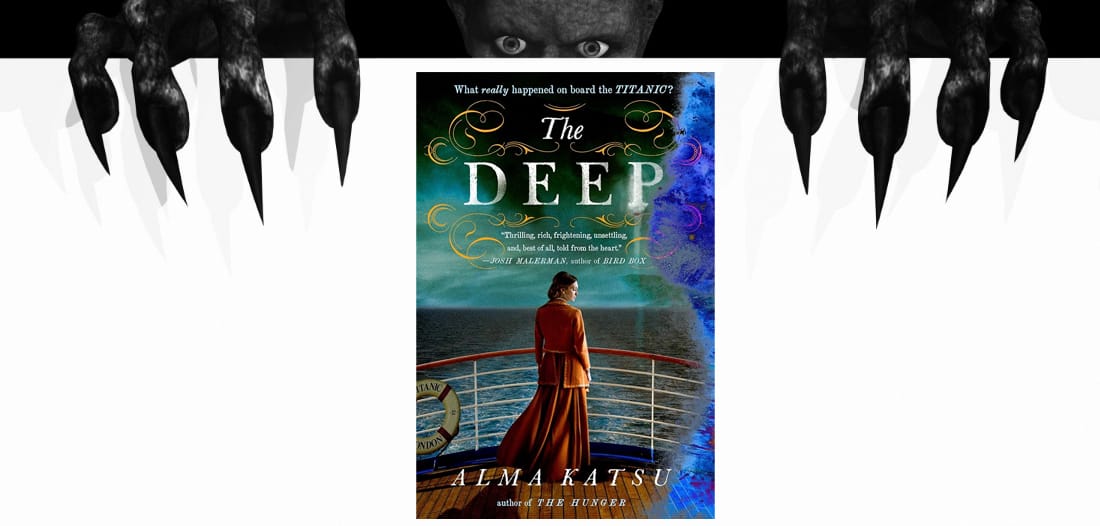
The Deep by Alma Katsu (2020)
Awards: Bram Stoker Award nominee.
On the Titanic's doomed voyage, crew and passengers encounter shape-shifting sea entities—perhaps mermaids or elder gods—that lure victims with illusions before dragging them into watery abysses. Historical figures grapple with the monsters' ancient grudge against humanity. Katsu's maritime chiller weaves folklore into real tragedy.
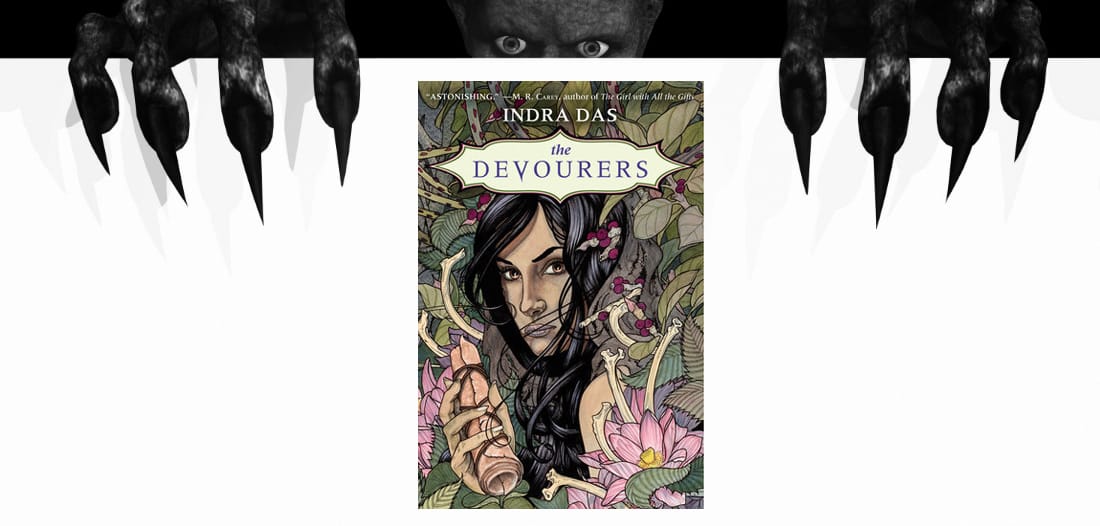
The Devourers by Indra Das (2017)
Awards: Lambda Literary Award for Best LGBTQ SF/F/Horror
A lush and unsettling werewolf tale set in India where myth, violence, and identity intertwine. Das marries ancient shapeshifter legends with modern queer perspectives, creating a monster story full of blood and poetry.
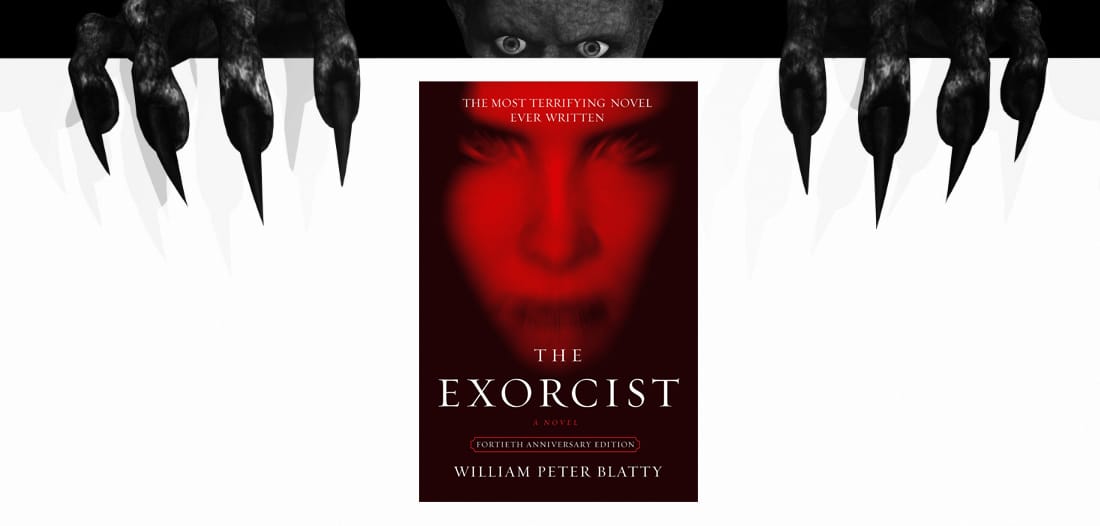
The Exorcist by William Peter Blatty (1971)
Awards: Academy Award-winning film adaptation; critical acclaim for redefining modern horror
A young girl’s possession by a demonic entity haunts not only her family but the priests attempting her exorcism. Blatty’s novel remains one of the most terrifying explorations of faith, evil, and sacrifice ever written, melding psychological tension with supernatural dread.
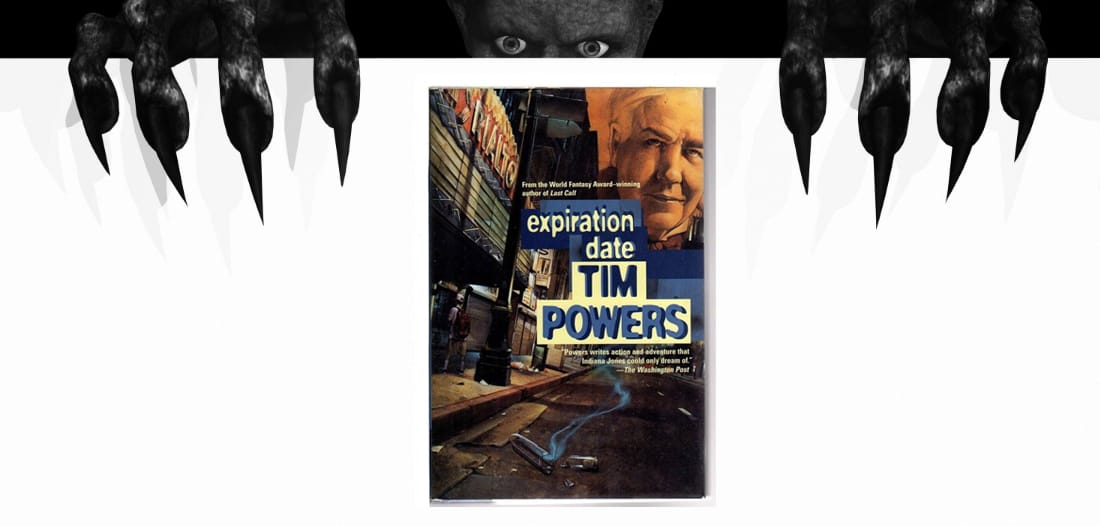
Expiration Date by Tim Powers (1993)
Awards: Locus Award for Best Horror/Dark Fantasy Novel (1996)
In 1992 Los Angeles, Pete Carroll inhales the ghost of Thomas Edison trapped in an old cigarette, granting visions of spectral predators that hunt the living for possession. As ghostly entities wage war through hauntings and body-snatchings, Pete allies with occult scholars to exorcise the invading spirits. Powers' historical fantasy reimagines ghosts as addictive monsters in a noir supernatural chase.
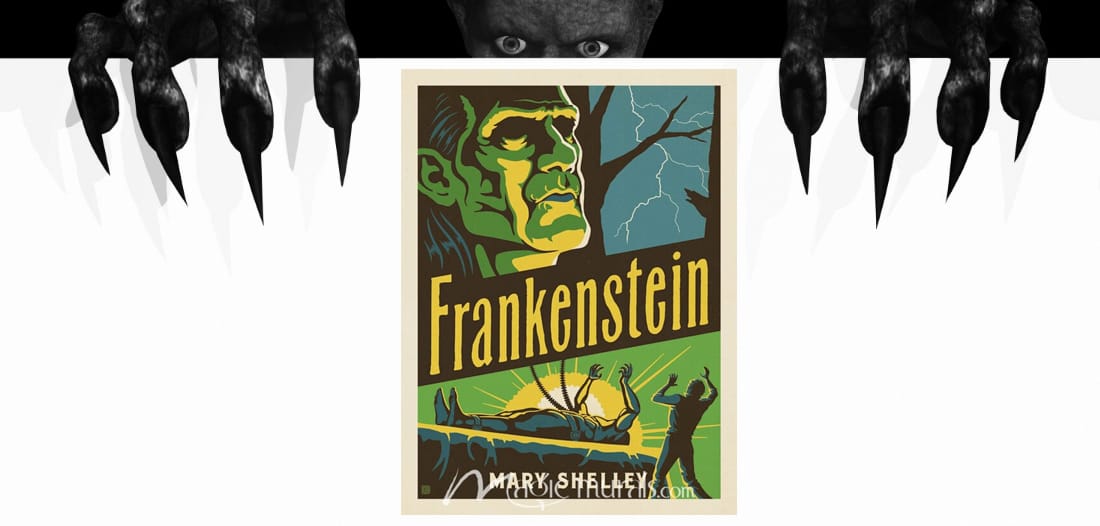
Frankenstein by Mary Shelley (1818)
Awards: Hugo Award precursor and World Fantasy Award influences for lifetime achievement.
Victor Frankenstein, an ambitious scientist in 18th-century Geneva, animates a creature from scavenged body parts in a fit of hubris, only to abandon it in horror because of its grotesque form. The monster, intelligent and articulate, roams the wilderness seeking companionship but faces relentless rejection, fueling a vengeful rampage against its creator. Through nested narratives, Shelley explores isolation, the ethics of creation, and the blurred line between human and monster, influencing every reanimated horror that followed.
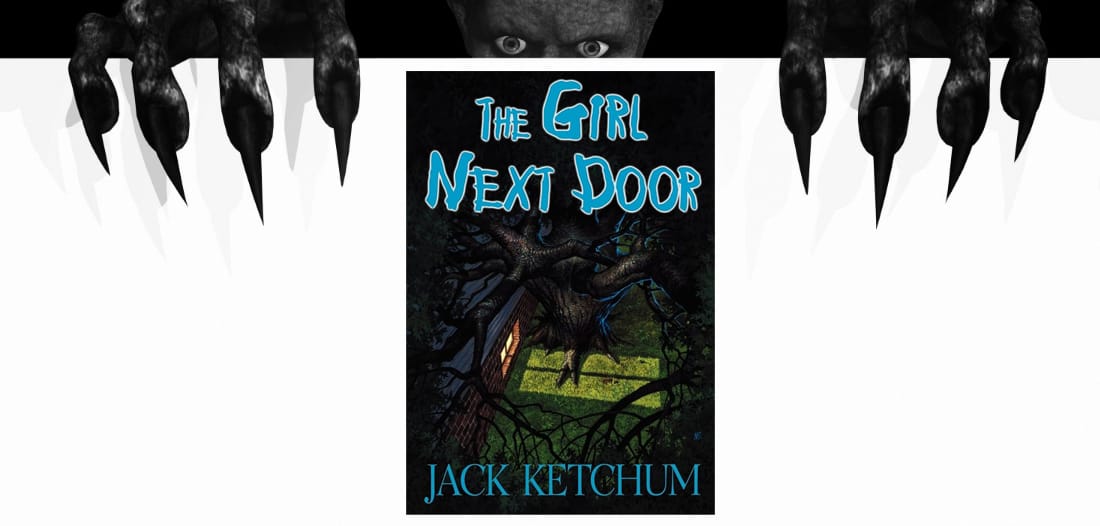
The Girl Next Door by Jack Ketchum (1989)
Awards: Bram Stoker Award for Best Novel
Based on true events, this novel’s monster is human cruelty itself—a depiction of torture in suburban America that forces readers to confront how evil thrives in plain sight.

It by Stephen King (1986)
Awards: British Fantasy Award nominee; perennial bestseller
In Derry, Maine, an ancient shapeshifter known as Pennywise feeds on children’s fears. King’s magnum opus explores trauma, memory, and courage—a monstrous allegory for evil that never dies.
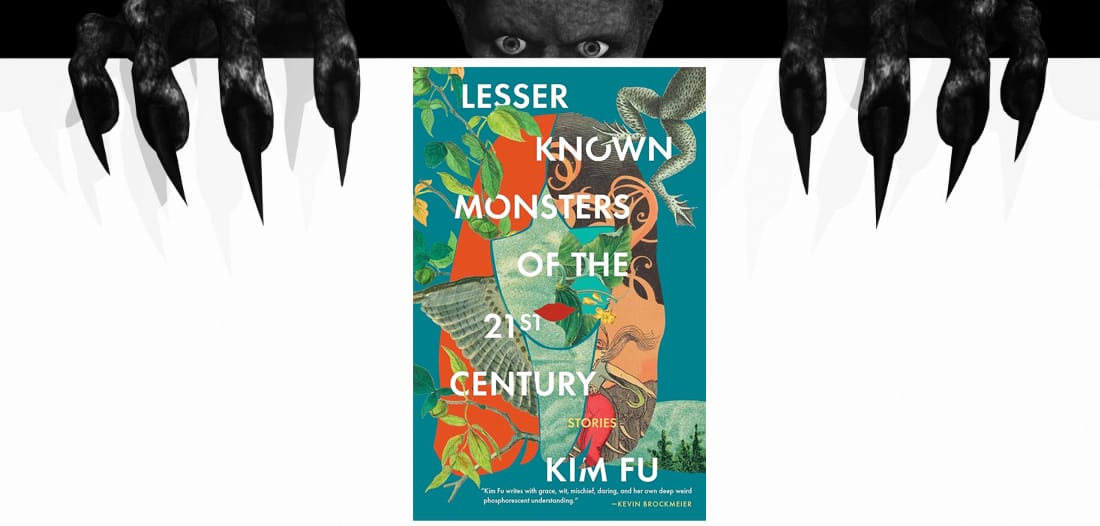
Lesser Known Monsters of the 21st Century by Kim Fu (2022)
Awards: Pacific Northwest Book Prize; Time Magazine Top 10 Fiction Book of 2022
Twelve short stories explore contemporary monstrosity—from girls sprouting wings to love affairs with sea creatures. Each story reflects moral unease in a surreal, glimmering mirror.
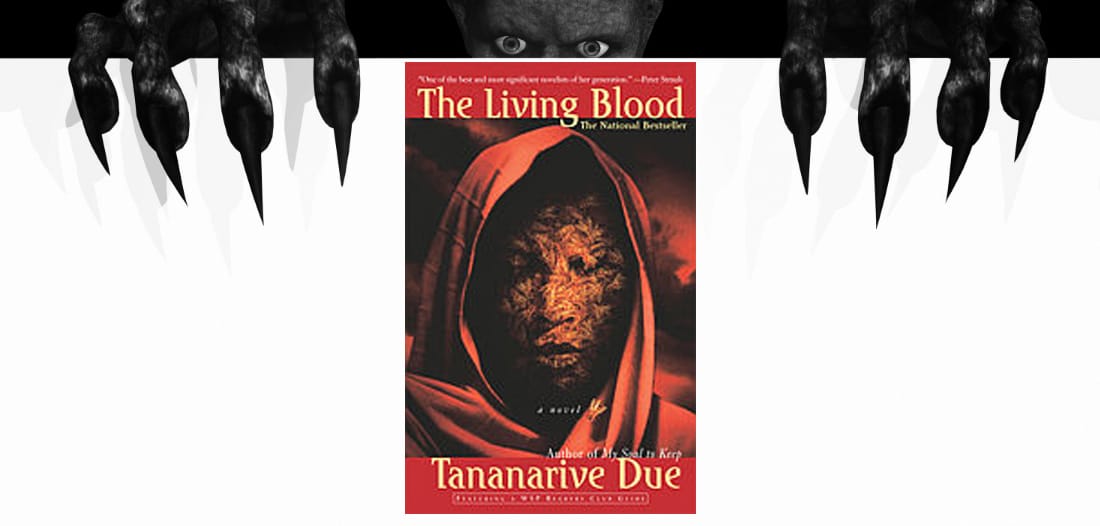
The Living Blood by Tananarive Due (2001)
Awards: American Book Award
Immortality, inherited through an ancient African bloodline, comes with devastating moral and physical costs. Due reimagines vampirism through cultural spirituality and historical trauma.
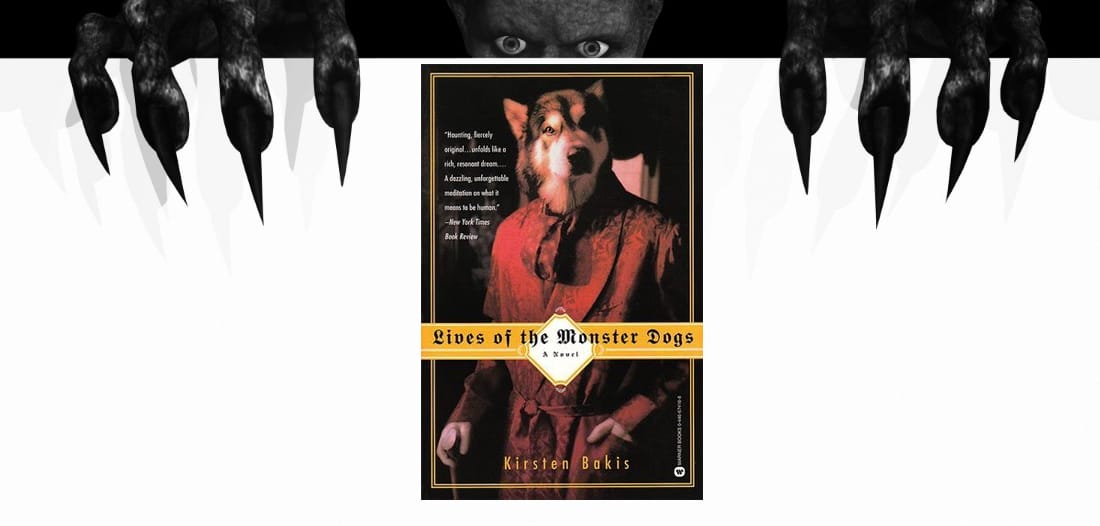
Lives of the Monster Dogs by Kirsten Bakis (1997)
Awards: Bram Stoker Award for Best First Novel
A gothic oddity about human-dog hybrids living in New York after escaping their creator’s decaying castle. It’s a bizarre, poignant reflection on loneliness, civilization, and what it means to be both human and beast.
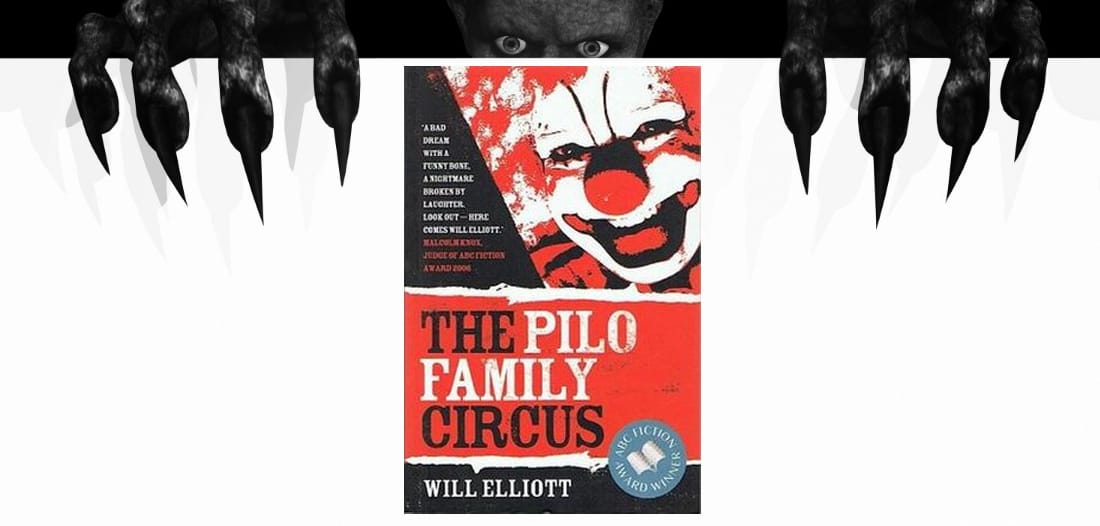
The Pilo Family Circus by Will Elliott (2006)
Awards: Aurealis Award for Best Horror Novel
A hapless man’s encounter with sadistic clowns transports him into a dimension of monstrous theater. Elliott’s grotesque satire of madness and performance is both hilarious and terrifying.
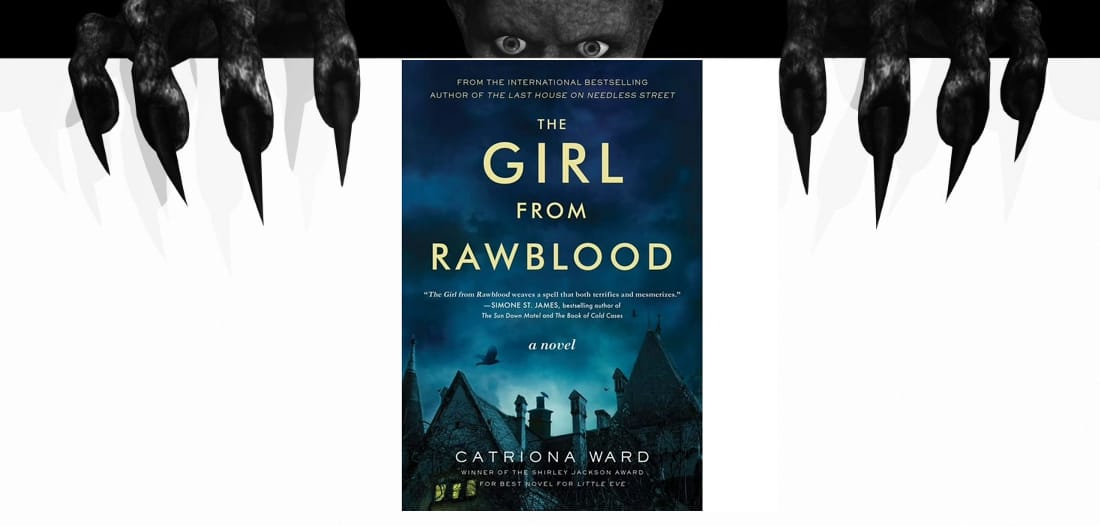
The Girl from Rawblood by Catriona Ward (2015)
Awards: British Fantasy Award for Best Horror Novel
A cursed family lives in isolation under a doom, born of love and betrayal. Ward conjures gothic horror in the classic vein, full of crumbling estates and hereditary hauntings—with a modern feminist edge.
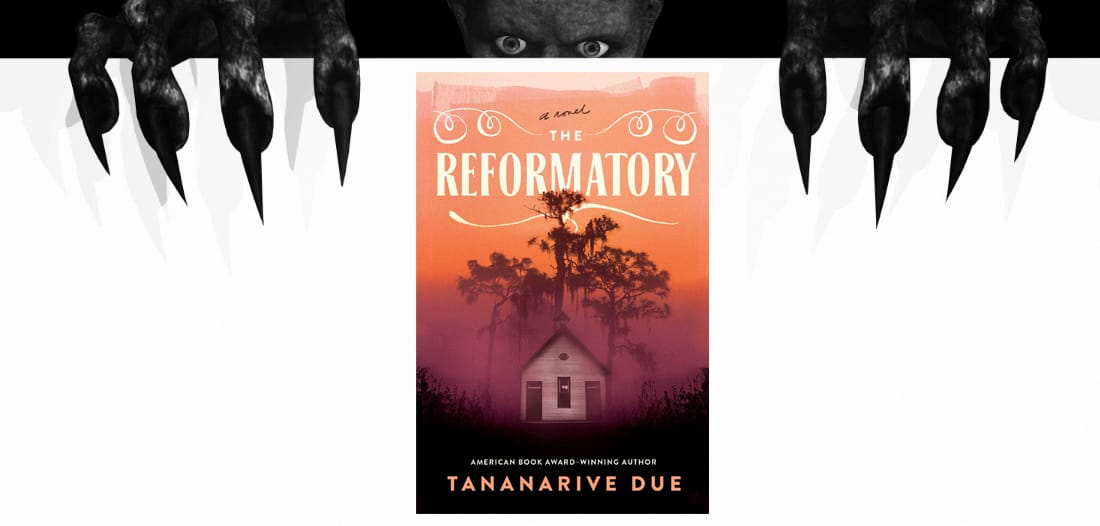
The Reformatory by Tananarive Due (2023)
Awards: Bram Stoker Award for Best Novel (2023).
In 1950s Florida, Robbie Stephens enters the Gracetown Reformatory, where haints—ghostly monsters born from lynchings—haunt the grounds, possessing boys into violent shades. Robbie's supernatural sight lets him see these spectral chains, fighting institutional evil with otherworldly allies. Due's historical horror indicts racism through the restless dead.
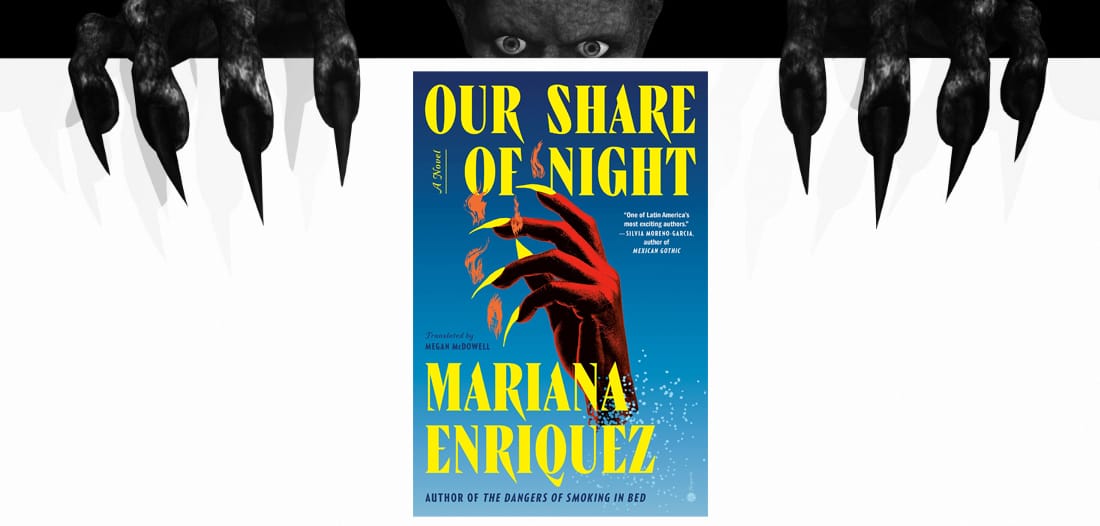
Our Share of Night by Mariana Enríquez (2019, English 2023)
Awards: Premio Herralde de Novela (Spain); Booker Prize longlist 2023
A grieving father and son flee a cult that worships a devouring darkness. Enríquez reinvents the cosmic horror genre through grief, dictatorship, and monstrous devotion.
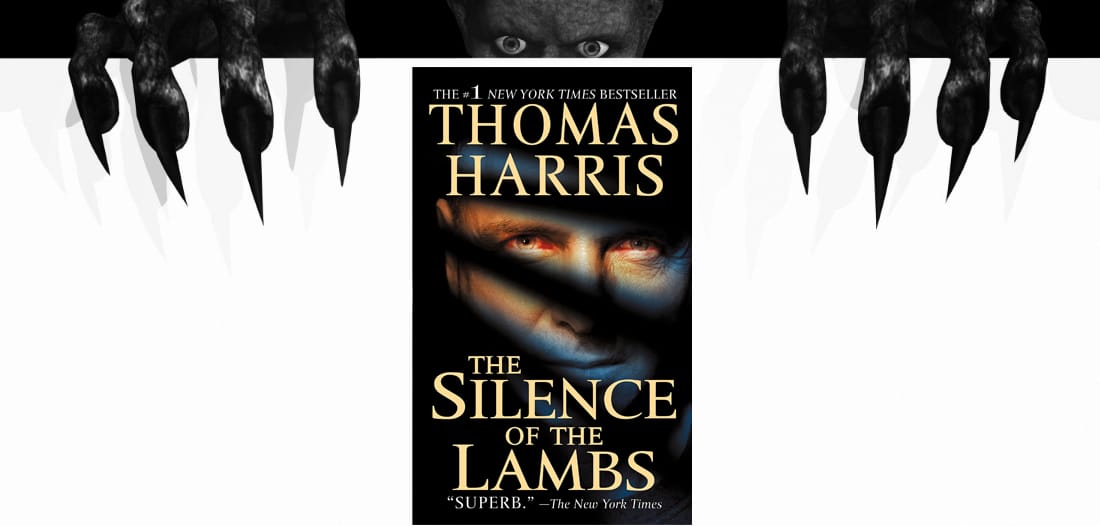
The Silence of the Lambs by Thomas Harris (1988)
Awards: Bram Stoker Award for Best Novel
FBI trainee Clarice Starling’s encounters with serial killer Hannibal Lecter redefined the monster trope, shifting it from claws and fangs to the horrors of human cunning and psychological manipulation.
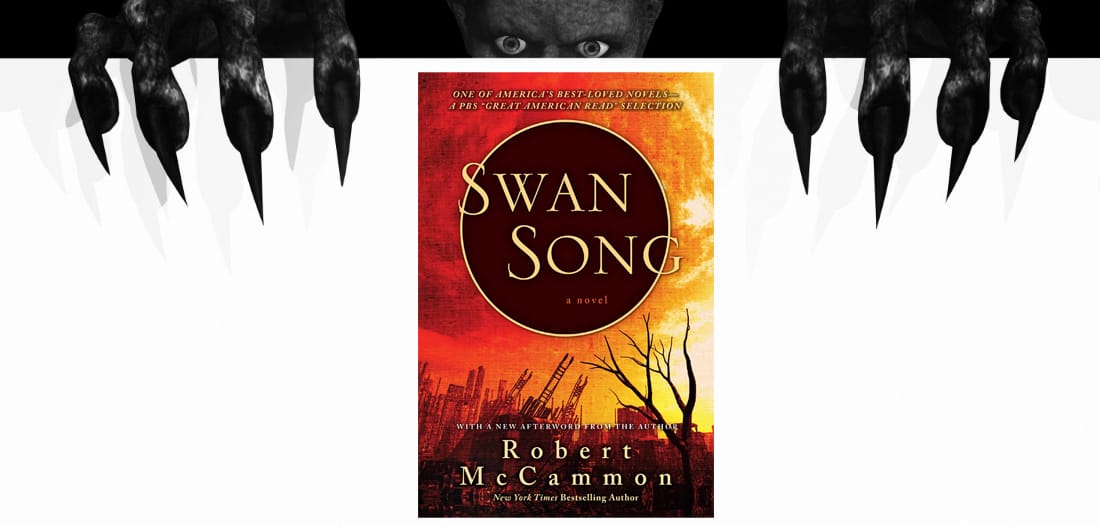
Swan Song by Robert McCammon (1987)
Awards: Bram Stoker Award for Best Novel
After nuclear annihilation, two supernaturally gifted survivors—one good, one unspeakably evil—clash in a shattered America. A grand, apocalyptic vision that rivals The Stand for scope and heart.
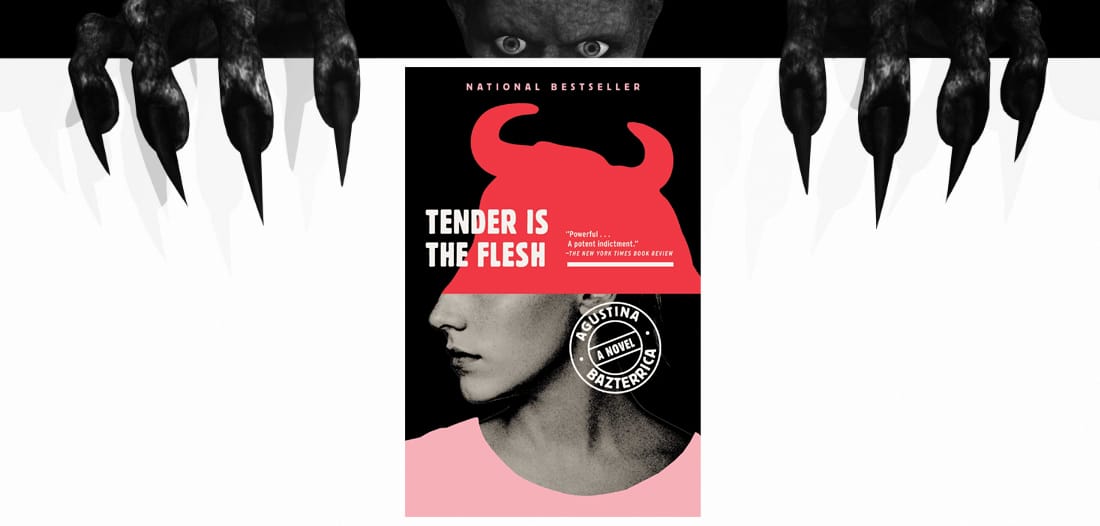
Tender is the Flesh by Agustina Bazterrica (2017)
Awards: Clarín Novel Prize; International acclaim
In a dystopian future where humans are bred for meat, the monstrous becomes literalized through consumerism. Bazterrica’s stark, stylish prose exposes the insanity of normalized cruelty.
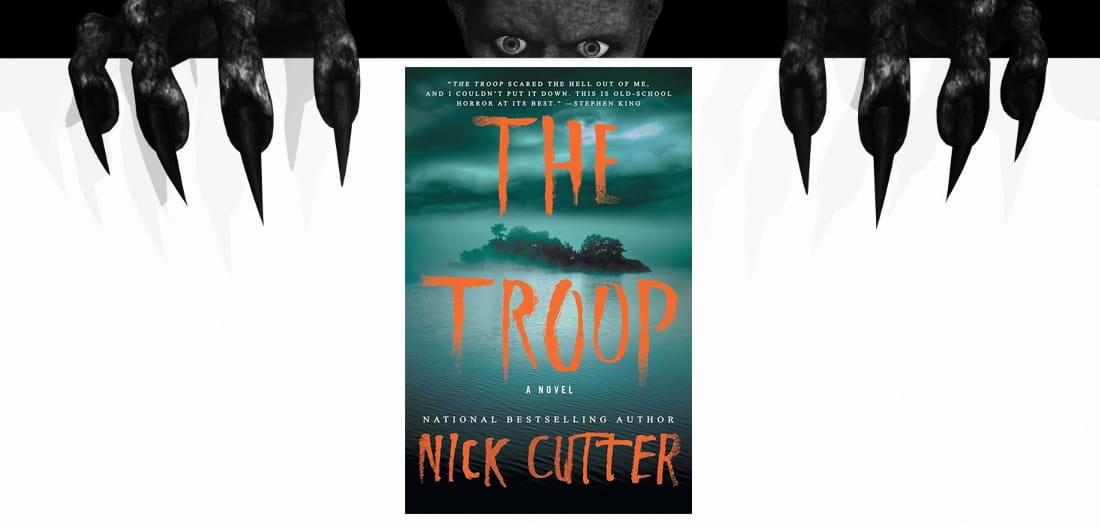
The Troop by Nick Cutter (2014)
Awards: James Herbert Award finalist; critical acclaim as modern body horror classic
A boy scout troop encounters a parasitic monster on a remote island. Cutter’s novel is gruesome, relentless, and profoundly human—an Alien-like study in degradation.
If you’ve made it this far down the list, you’re probably someone who gets a thrill from the dark corners of storytelling. The kind of reader who doesn’t shy away when things go bump in the night, but instead turns the page to see what made the noise. These monster books—whether stitched together in a lab, lurking in jungle ruins, or quietly nesting inside human hearts—prove one thing: we never really outgrow our fascination with fear. We just learn to appreciate its craftsmanship.
From Mary Shelley to Kim Fu, Bram Stoker to Stephen Graham Jones, the monsters have assuredly evolved, but their purpose hasn’t. They still mirror us, sometimes grotesquely, sometimes tenderly, always honestly. Every book you’ve just explored on this list carries that DNA: the reminder that what we label monstrous often says more about us than the creature in the dark. Some monsters eat people. Others walk among us wearing smiles. Which are scarier? I’ll let you decide.
If you pick up even one of these books, do it with the lights on (or off, if you’re feeling brave). Let yourself sink into the fog, feel that prickle on the back of your neck, and remember—fear is just another way of paying attention. It sharpens the senses, quickens the heart, and makes the safe glow of home feel that much warmer when you finally put the book down.
And if you’re still hungry for more chills? Good. Because next up, we’re checking into the kind of places you really shouldn’t: sprawling estates, creaky hallways, bedrooms where whispers come from under the bedboards. Stay tuned for the next post in this Halloween series: Check In, Never Leave: Haunted House Books that Haunt the Imagination.


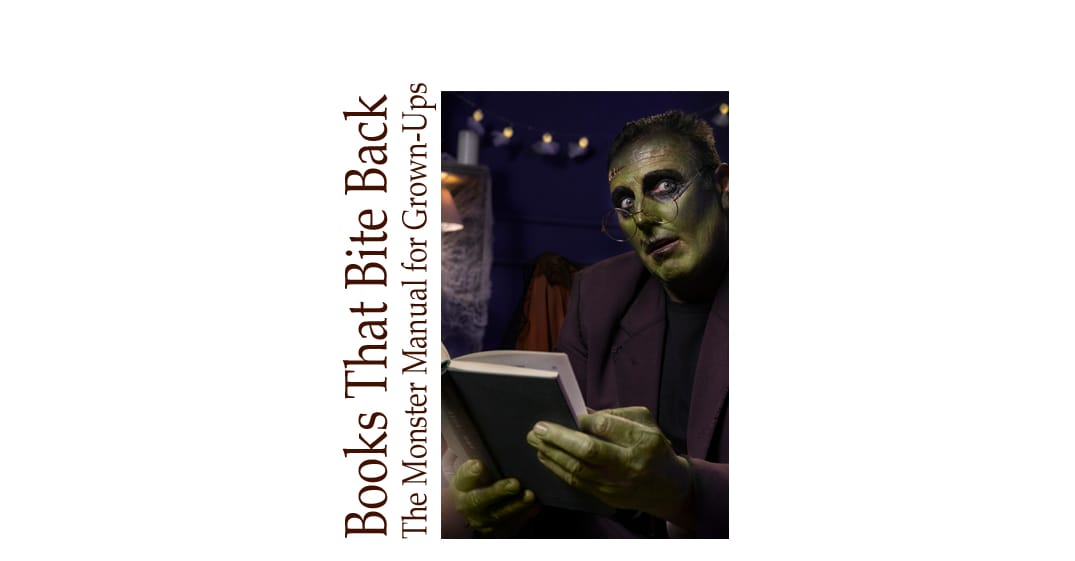
Comments